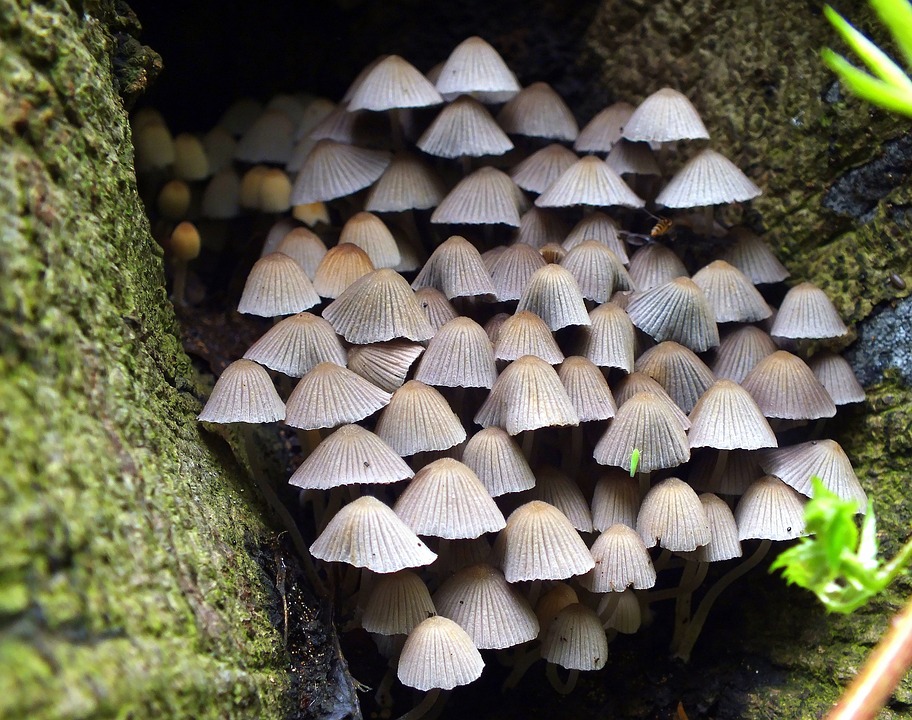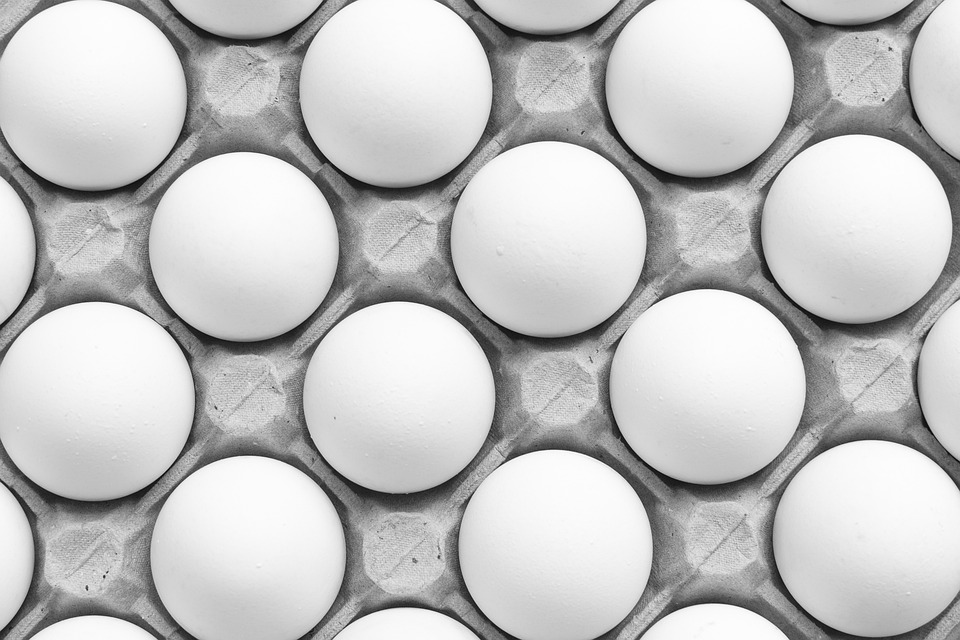The Importance of Detoxification
Detoxification is a process by which the body eliminates harmful toxins and waste products that accumulate in our system. These toxins can come from various sources such as the foods we eat, the air we breathe, and the chemicals we are exposed to on a daily basis.
Hence, understanding the science behind detoxification is essential for maintaining optimal health and well-being. Let’s dive deeper into how detoxification works.
1. The Role of the Liver
The liver, being the primary detoxification organ in our body, plays a crucial role in processing and eliminating toxins. It filters the blood and transforms these harmful substances into less harmful compounds that can be easily excreted by the body.
The liver accomplishes this detoxification through two primary phases: Phase 1 and Phase 2. In Phase 1, enzymes break down toxins into intermediate metabolites, and in Phase 2, these metabolites are further processed to make them water-soluble for elimination.
2. Detoxification Pathways
There are several pathways through which the body detoxifies different substances:
Cytochrome P450 Enzymes
Cytochrome P450 enzymes are responsible for metabolizing various toxins and drugs present in our system. These enzymes help in transforming fat-soluble toxins into water-soluble substances, allowing for their easy elimination through urine or feces.
Glutathione Pathway
Glutathione acts as an antioxidant and plays a critical role in detoxification. It helps neutralize harmful substances by binding to them and facilitating their removal from the body. This pathway is particularly important for the elimination of heavy metals and pollutants.
Phase 2 Conjugation Pathway
The Phase 2 conjugation pathway involves a series of reactions where enzymes add a molecule to a toxin, making it less toxic and more water-soluble for easy excretion. Examples of Phase 2 reactions include methylation, sulfation, glucuronidation, and acetylation.
3. Supporting Detoxification
While the body has its natural detoxification mechanisms, there are several ways to support and enhance this process:
Proper Nutrition
A healthy, balanced diet rich in fruits, vegetables, whole grains, and lean proteins provides the essential nutrients needed for optimal liver function and detoxification. Key nutrients include antioxidants like vitamins C and E, as well as minerals like selenium and zinc.
Hydration
Staying hydrated helps flush out toxins by supporting kidney function. It enables toxins to be excreted through urine and sweat, aiding in the overall detoxification process.
Exercise
Regular physical activity stimulates circulation and promotes the movement of lymphatic fluid, which aids in the elimination of toxins. Exercise also improves metabolism, thus supporting the liver’s detoxification processes.
Reducing Exposure to Toxins
Avoiding or minimizing exposure to toxins is crucial in supporting the body’s natural detoxification processes. This includes reducing the consumption of processed foods, alcohol, and tobacco, as well as minimizing the use of chemicals in household products.
Supplements and Herbs
Certain supplements and herbs can assist in enhancing detoxification processes. Milk thistle, dandelion root, turmeric, and probiotics are known to support liver health and aid in the removal of toxins from the body.
Conclusion
Understanding the science behind detoxification provides insights into how our body eliminates toxins and highlights the essential role of the liver and various detoxification pathways. Maintaining a healthy lifestyle and employing strategies to support detoxification can significantly contribute to overall well-being.




